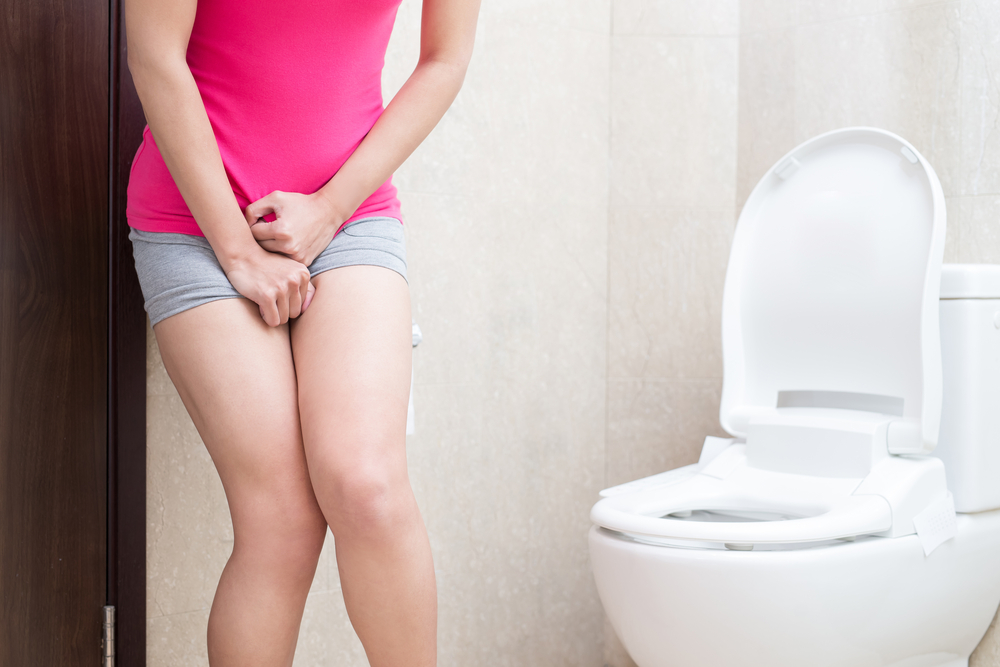Effective Strategies to Manage Frequent Urination
This article offers practical solutions for managing frequent urination, including exercises, dietary tips, medications, and surgical options. It emphasizes the importance of consulting healthcare providers for personalized care. Implementing these strategies can help reduce bladder overactivity and improve quality of life, making it especially useful for those seeking relief from urinary urgency. The article combines natural remedies, lifestyle changes, and medical interventions to provide comprehensive guidance for managing this common but often bothersome condition.

Effective Strategies to Manage Frequent Urination
Many individuals experience the challenge of frequent urination, prompting questions about fluid intake and bladder health. The bladder can hold approximately 600 ml of urine, and the sensation to urinate typically occurs when about 150 ml accumulates. Normal urination frequency ranges from four to eight times daily, but exceeding eight may indicate bladder leakage. Several factors contribute to this issue. Seeking ways to reduce frequent urination? Here are practical tips to help manage this condition effectively.
Strengthening pelvic floor muscles through Kegel exercises can help control bladder overactivity. To identify these muscles, stop urination midstream, then tighten and relax them in cycles of 3 seconds, repeating this three times for ten sets. It is convenient to perform Kegels anytime—sitting, standing, or moving—without specific scheduling.
Medications may assist in relaxing the bladder and alleviating urgent urination, although consulting a healthcare provider before use is essential. These drugs offer relief but are not long-term solutions.
Natural remedies like Corn Silk, derived from corn waste, have been traditionally used in France and China to treat bladder irritation and bedwetting, helping strengthen urinary tract mucous membranes.
Constipation can put extra pressure on the bladder, worsening frequent urination. Maintaining a high-fiber diet with vegetables, fruits, bread, and beans, along with regular exercise, can prevent constipation. A morning mixture of applesauce, wheat bran, and prune juice may also promote regularity.
Dietary modifications, including limiting alcohol, caffeine, spicy foods, chocolates, citrus, and artificial sweeteners, are beneficial. Staying hydrated is important, but excessive water intake should be avoided.
For immediate, short-term relief, procedures like Botox injections into the bladder can be effective, causing partial paralysis of bladder muscles to suppress urgency for up to nine months.
If conservative and medical treatments fail, surgical options may be considered. Surgery can increase bladder capacity and reduce pressure, aiding in restoring normal urinary function. Always consult with a healthcare professional to determine the best approach for your condition.
Implementing these strategies can significantly help control frequent urination. Choose the approach suitable for your needs, and aim to lessen the urge to urinate often. Addressing this issue effectively leads to a more comfortable, worry-free lifestyle.










